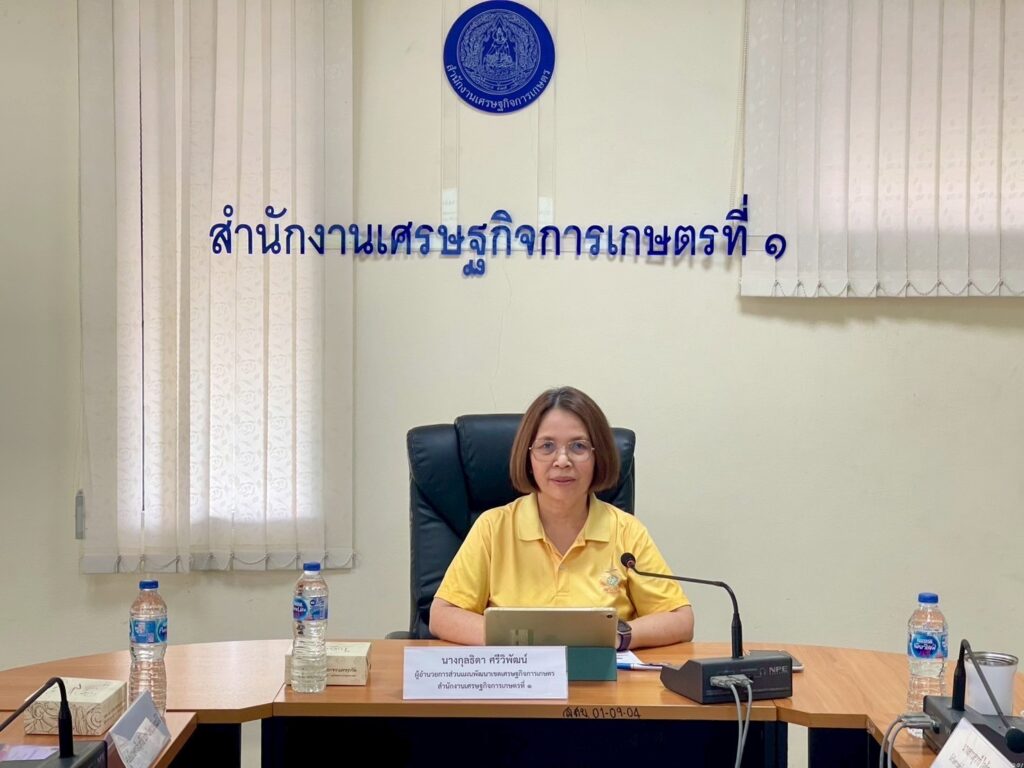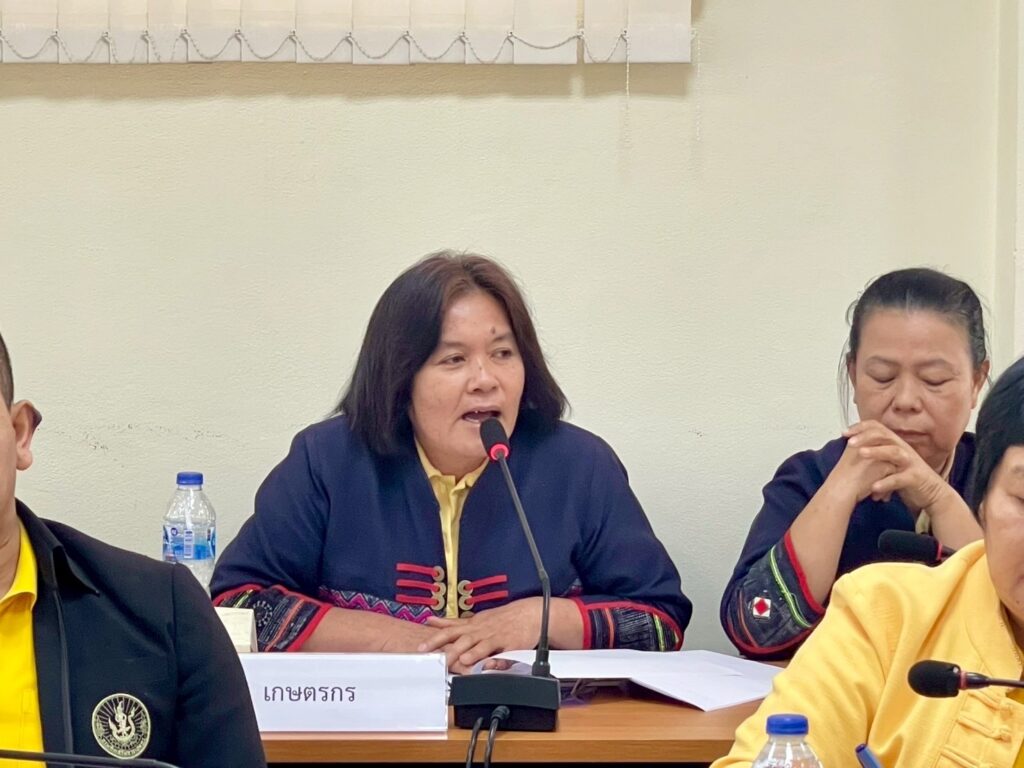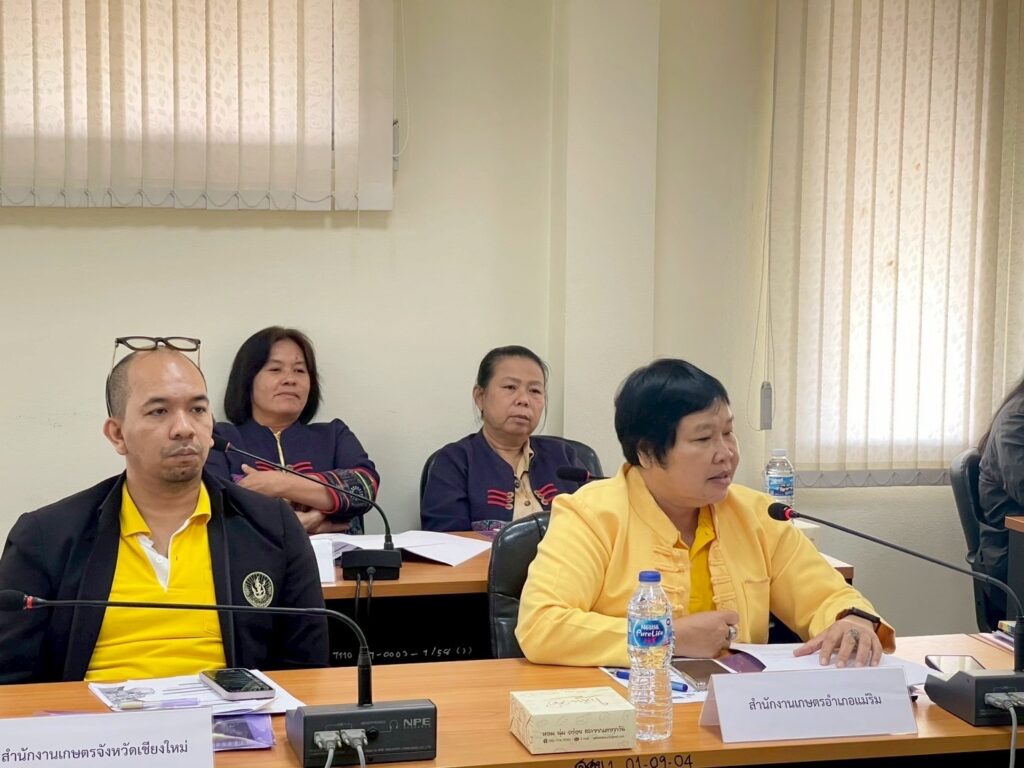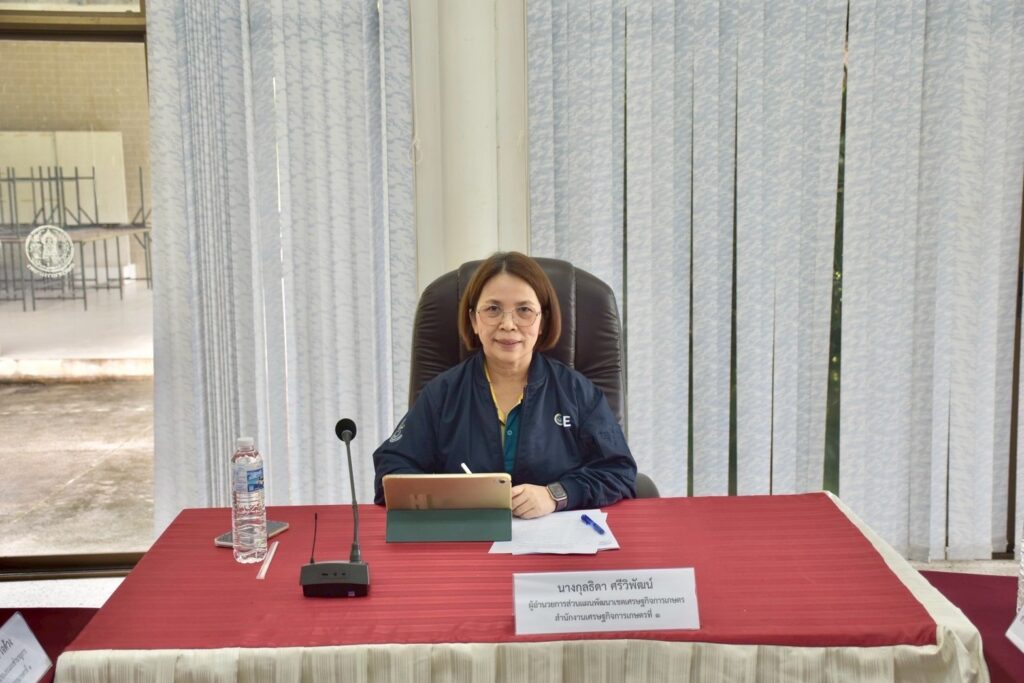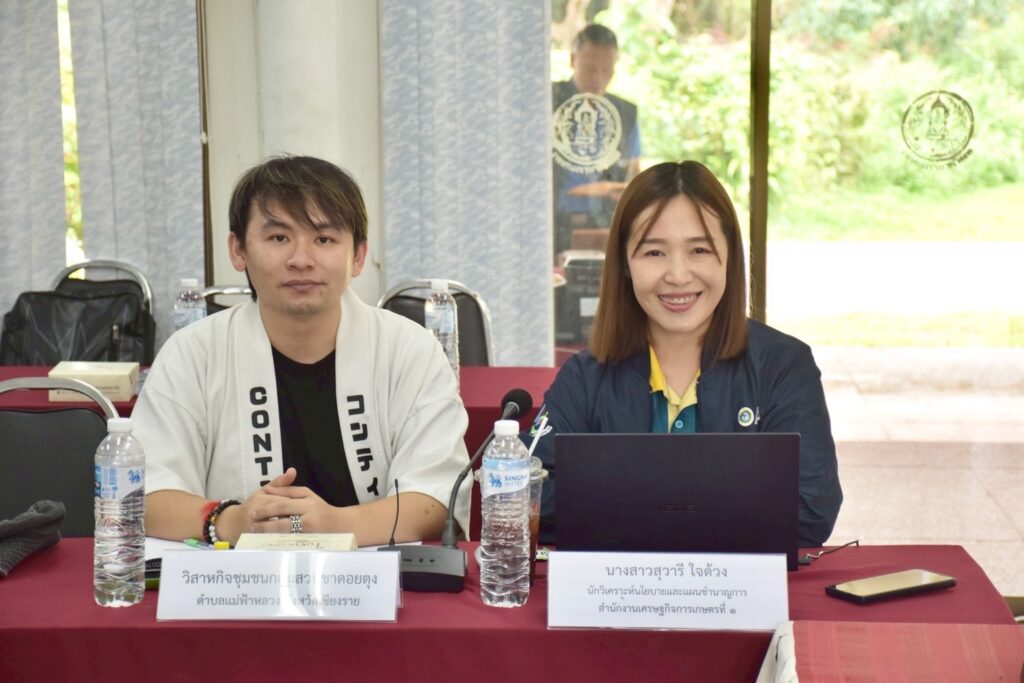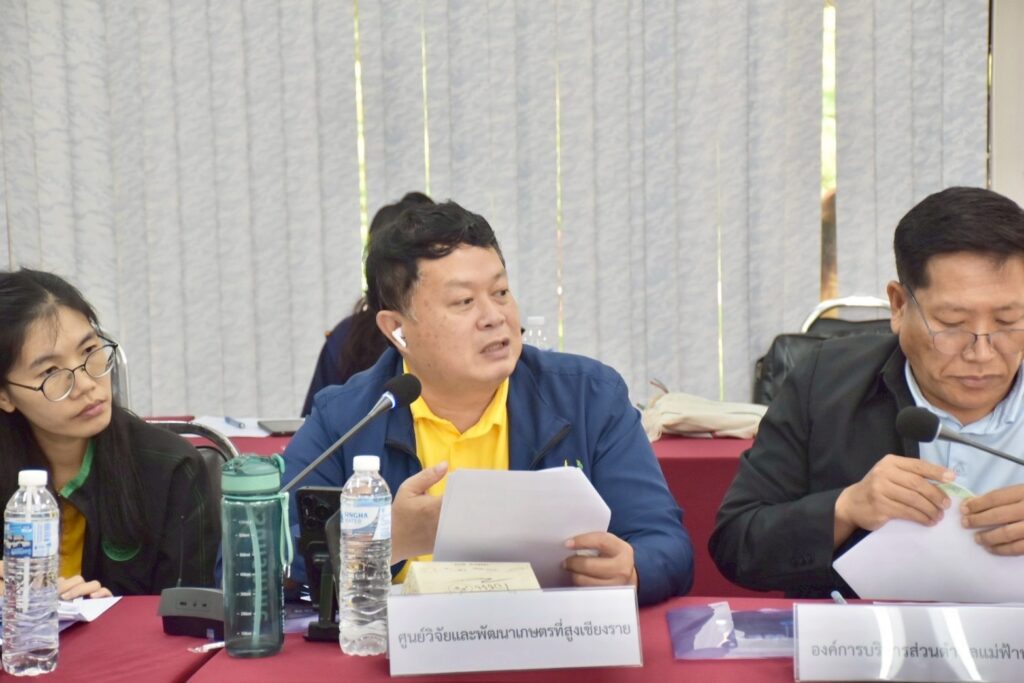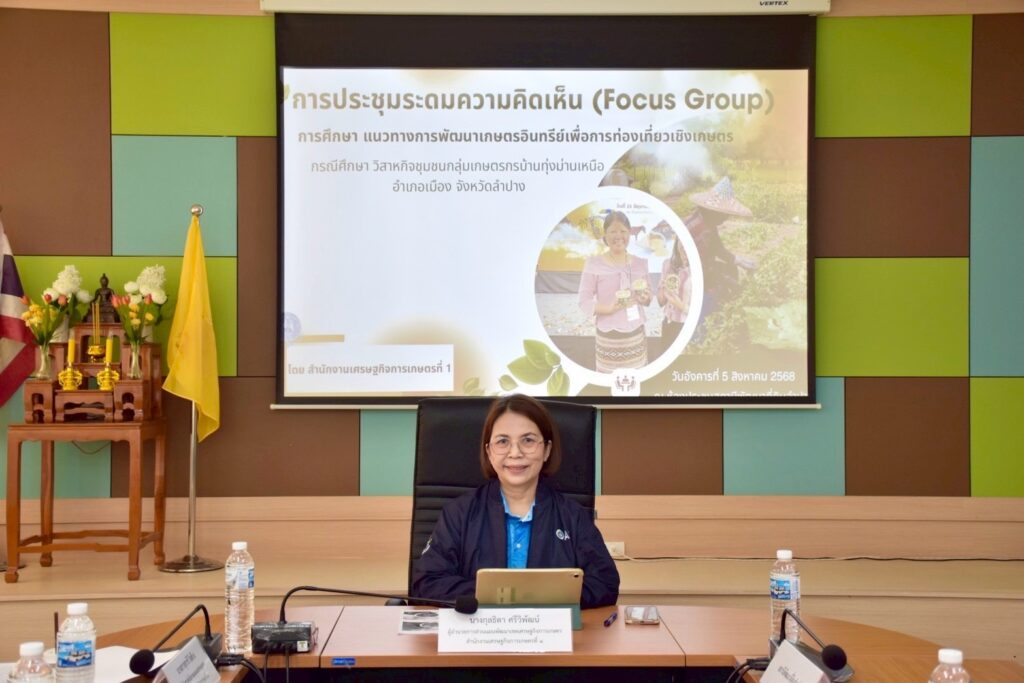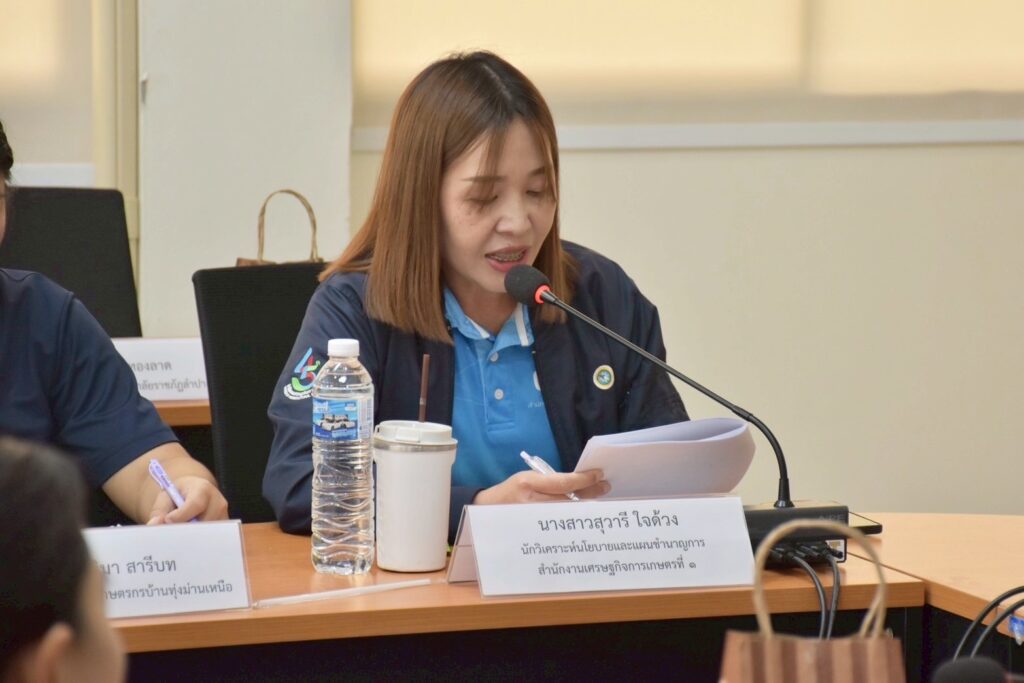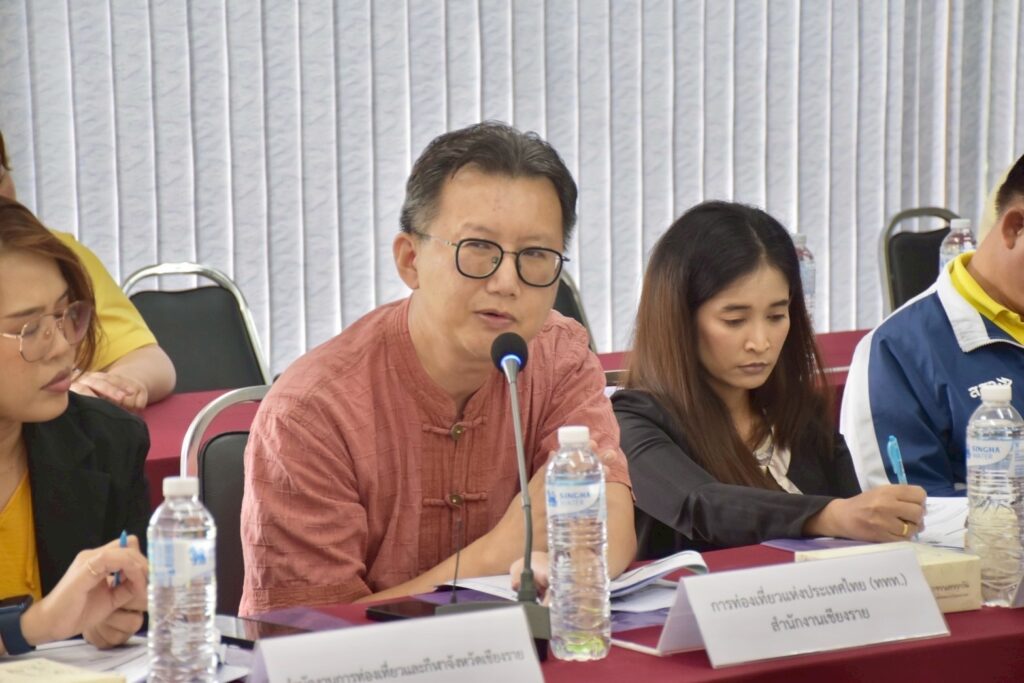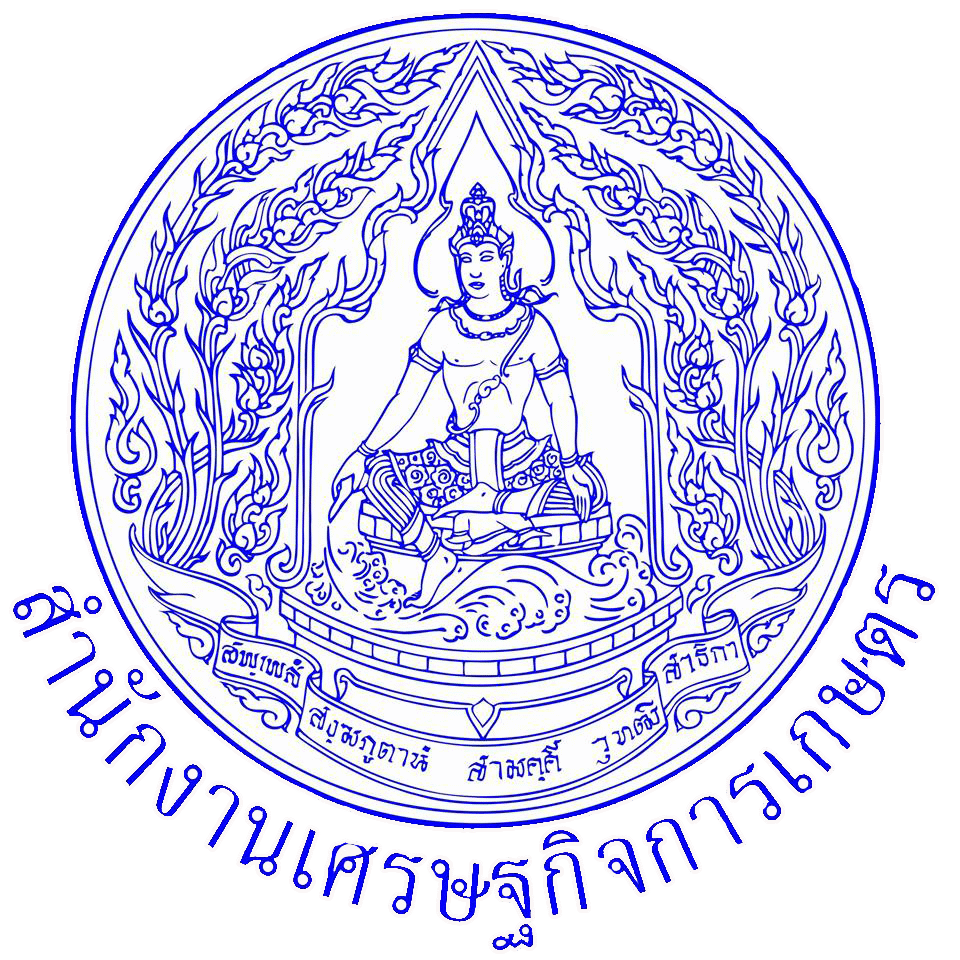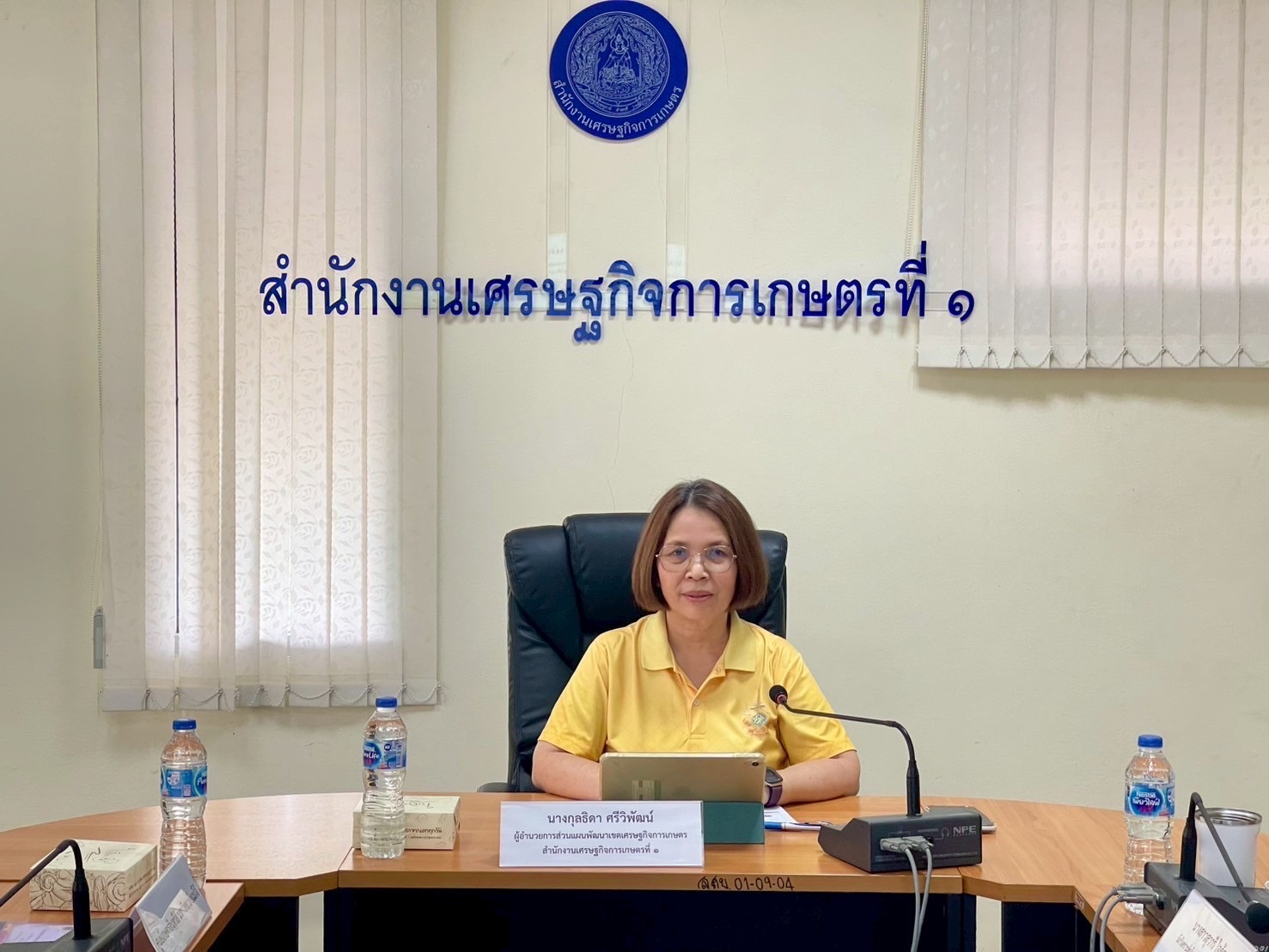From July 29 to August 5, 2025, Ms. Sucharee Picha, Director of the Office of Agricultural Economics Region 1, assigned Ms. Kulthida Sriviphat, Director of the Agricultural Economic Development Planning Division, along with staff, to organize focus group discussions on the study of organic agriculture development for agri-tourism. This initiative is part of the project “Study on Development Approaches to Increase Income Opportunities and Agricultural Sustainability for Fiscal Year 2025” in the provinces of Chiang Mai, Chiang Rai, and Lampang.
The objective of this study is to explore models and approaches for developing organic agricultural products to support agri-tourism. The study scope includes one farmer group per province (three groups in total), 30 tourists or study visit participants per province (90 in total), and four relevant internal or external agencies per province (12 agencies in total), including academic institutions or local administrative organizations involved in promotional programs in the area.
Ms. Suwaree Jaidoung, Senior Policy and Plan Analyst, presented preliminary study findings to stakeholders, who provided comments and suggestions. A total of 90 participants (30 per province) gave feedback as follows:
• July 29, 2025 (Chiang Mai): The case study of the Ban Muang Khum Agri-Tourism Community Enterprise in Mae Rim District, Chiang Mai, was presented at the Chongsakul Conference Room, Office of Agricultural Economics Region 1. It was found that most study visit participants were aged 31–40, held postgraduate degrees, worked as students, earned a monthly income of 15,001–25,000 THB, and rated satisfaction with the staff providing organic agricultural products at a full score of 5.
• August 1, 2025 (Chiang Rai): The case study of the Doi Tung Tea Garden Community Enterprise in Mae Fah Luang District, Chiang Rai, was presented at the Chiang Rai Horticultural Research Center meeting room. Most participants were aged 31–40, held bachelor’s degrees, worked as private business owners or freelancers, had monthly incomes of 15,001–25,000 THB, and rated staff satisfaction at a score of 4.
• August 5, 2025 (Lampang): The case study of the Ban Thung Man Nuea Farmers Group in Mueang District, Lampang, was presented at the Lampang Land Development Station meeting room. Most participants were aged 31–40, held bachelor’s degrees, worked as government officials or state enterprise employees, had monthly incomes of 15,001–25,000 THB, and rated staff satisfaction at a score of 4.
Across all three provinces, the operations and development models for organic agriculture in agri-tourism were observed. Four key development approaches were identified:
1. Creating economic value through organic agriculture development for agri-tourism.
2. Utilizing technology to develop organic products for agri-tourism.
3. Environmental management to support organic agriculture development for agri-tourism.
4. Cultivating a society and culture conducive to the development of organic agriculture for agri-tourism.
